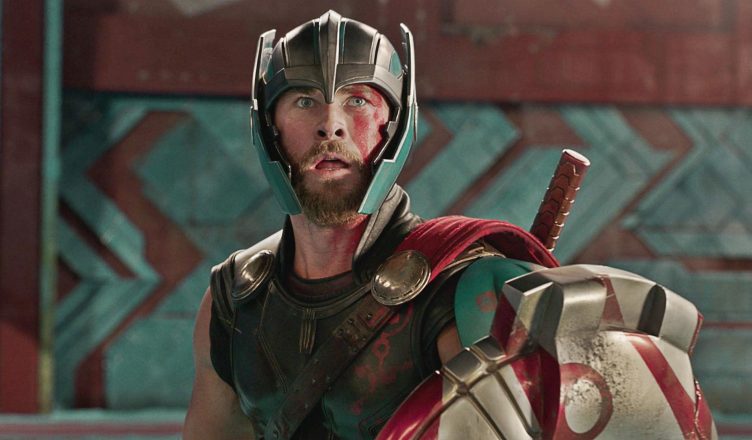
Superhero movies are here to stay. That’s been clear for a while, but it shouldn’t be something to get upset about. By their very nature comics are adaptive and can draw on many different influences, arguably the same is true of their cinematic counterparts. Marvel CEO Kevin Fiege describes each of his films as belonging to a separate genre, and while they each have the same Marvel ‘feel’, we can see where he’s coming from.
This list will look at film’s that may, not necessarily have directly inspired the MCU, but certainly share some of the same DNA with the biggest superhero hits of the day.
1. Iron Man – Casino Royale
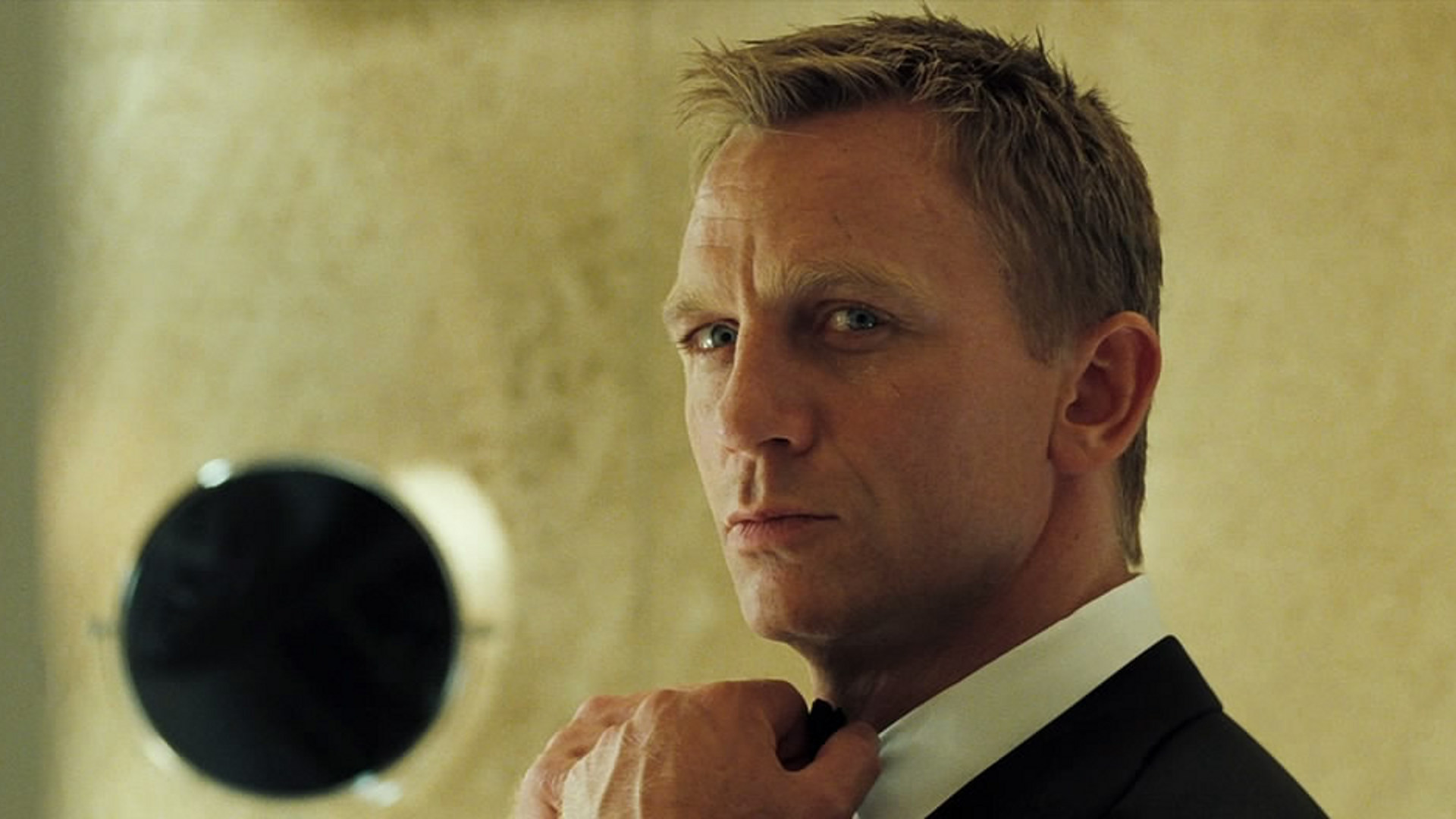
When Marvel were planning on releasing Iron Man to kick off their now massively successful inter-connected universe there were a number of directions they could have taken the film. The most notable comic book movie success was the dark and gritty reboot of Batman Begins in 2005. However the overall tone of Iron Man seems closer to another character getting the reboot treatment – James Bond in 2006’s Casino Royale.
Bond was a struggling franchise and yet the film managed to both update him for the modern world and yet keep an air of familiarity about him. Kevin Fiege has always been a producer who gives special attention to both the source material and the fans. Batman Begins is still a Batman movie, but it now seems fairer to call it a Christopher Nolan movie disguised as Batman.
Daniel Craig’s James Bond is in many ways the same Bond from the past; he’s still a serial womaniser and a ruthless killer of style. However there’s a slight edge to Craig’s performance that means the character can still behave the same way but the audience aren’t quite as enamoured with him as a person. Bond picks up women, only to find them murdered the next day; high stakes poker is very glamorous until he gets poisoned; there are now real consequences to his actions.
The character of Tony Stark, when he was first introduced to us, shares a lot of similarities. Here is a multi-billionaire inventor, who’s wit, intelligence and capital has allowed him to do more or less whatever he wants. And yet in his first outing he learns the crucial lesson that there are consequences to his actions. When James Bond learns this he responds by pushing harder and more aggressively refusing to believe that he’s not the smartest guy in the room.
When Tony learns this he becomes aware that everything that makes him who he is could be taken away and dedicates his life to protecting that. Both men are seen as vulnerable as well as clever, Tony tries to do something about it while Bond continues on regardless. It’s not surprising that in the following years one franchise has exploded and the other is floundering again, despite kicking off their stories in a very similar place.
2. Thor – Hamlet
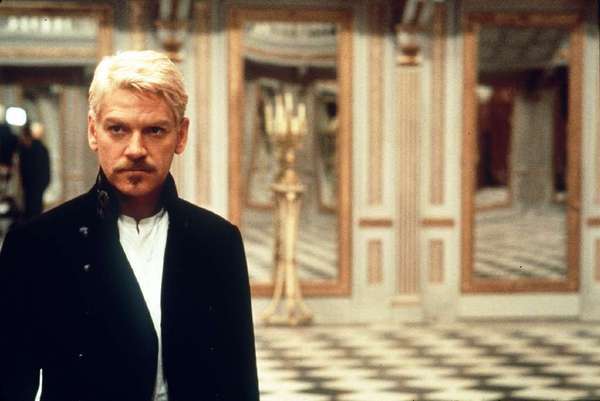
The first Thor film has often been compared to Shakespearean drama, not least because it’s directed by Hamlet himself Kenneth Branagh. But this version of the character owes a particular debt to Branagh’s 1996 adaptation of Shakespeare’s play.
Hamlet is a difficult character to get right. He exists in the highest pantheon of literary characters and can prove elusive and unrelatable to an audience if not done well. Luckily Kenneth Branagh is someone who knows the character so well he can truly do him justice.
His film manages to bring Hamlet down from such great heights to work as an effective piece of entertainment. Branagh’s film is long but his performance is funny, endearing, accessible and therefore, heart-breaking. Branagh’s skill is in taking Shakespeare’s grand ideas and presenting them in a way that proves they’re still relevant.
It’s significant that prior to this film Thor’s main onscreen success was in Adventures in Babysitting where he was played as a mechanic who just happened to look like him. This ancient space-god could prove silly, campy and out-dated. It shouldn’t be surprising then that Marvel chose someone who could recognise what made him appealing in the first place and effectively translate that for a modern audience to fall in love with him once again.
3. Iron Man 3 – Kiss Kiss Bang Bang
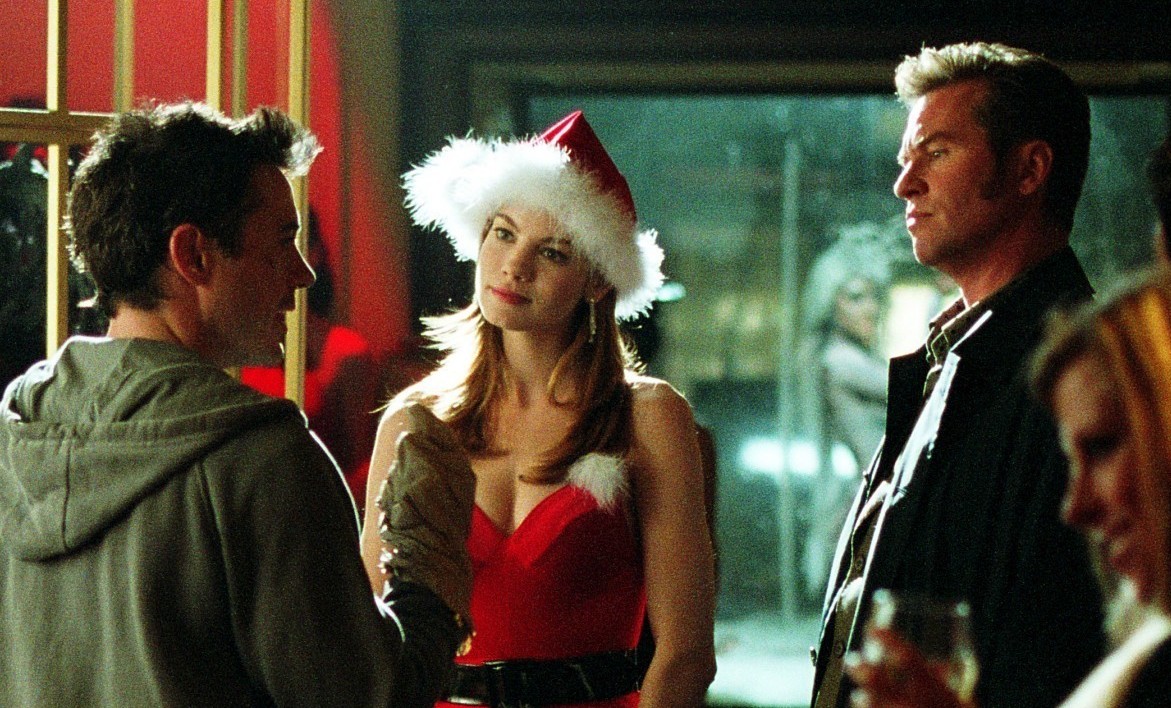
The idea of “fake it till you make it” is a common one in Hollywood. And it’s used to great effect in Shane Black’s post-modern, LA noir satire Kiss Kiss Bang Bang. In Shane Black’s world all the characters are clever, self-aware and armed to the teeth with zingers. They saterise Hollywood, while ironically, behaving exactly like Hollywood characters. Black has always tried to blend fiction and reality to the point where they meet up again.
Not surprising that these ideas are carried over from Kiss Kiss Bang Bang to Iron Man 3 (even less surprising when you remember that they are both made by and star Shane Black and Robert Downey Jr.).
Iron Man 3 is an interesting break from the previous movies in that Stark has to come to terms with the cost of being a super hero. He is attracting the attention of international terrorists, he’s suffering from PTSD, and when he’s out of the suit he’s just man. In Kiss Kiss Bang Bang the characters are aware that Hollywood is a con and so act accordingly, but when real dead bodies turn up their wit is no good then.
If Iron Man 3 is about finding the hero without the suit and Kiss Kiss Bang Bang is about what you do when the con is real, then both films can be seen as a hunt for purpose and meaning in an increasingly unsure world. Humans have been doing this for millennia with no real conclusion so it’s not surprising that these films don’t either.
But what makes Shane Black films so entertaining is that while they break apart the things we love they do it with explosions, special-effects, mystery, wit; in other words, with all the things we love. Not many super-hero films manage to find the reality within their fiction, but Shane Black did.
4. Captain America: The Winter Soldier – Three Days of the Condor
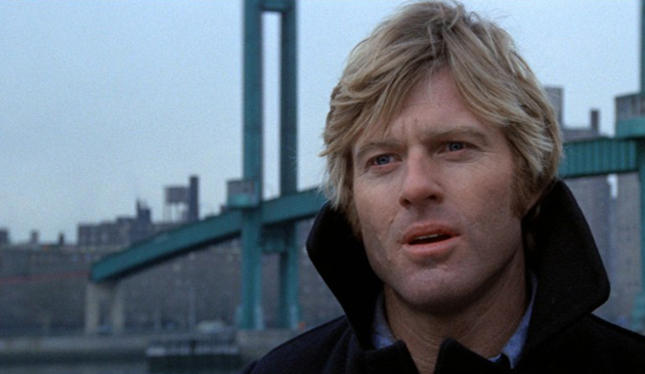
Captain America was always going to be a difficult one to sell overseas. How do you assure people that it isn’t another piece of American propaganda and cultural imperialism? While the first film works as an enjoyable war romp, the second film really sealed the deal by turning it’s hero into a fugitive and made America itself the enemy. In this film Steve Rogers becomes a hero in himself, no longer just a solider fighting for a cause.
Cinema in the 1970s shows a marked change towards far darker storytelling, fuelled by a growing counter culture and lack of trust in authority. Three Days of the Condor epitomises this change perfectly. Robert Redford plays an insignificant CIA desk man who one day finds all his colleagues killed and himself caught up in a conspiracy that may go all the way to the top. He’s then on the run for the next three days following a structure that is replicated in The Winter Soldier.
The Captain America sequel was an unquestionable success for both the character and his directors who would go on to make Marvel’s most successful films. It also reveals a very powerful element of storytelling that is clearly as useful now as it was 40 years ago. Blind faith is not always the right way to maintain your values. Remaining true to yourself in spite of a rapidly changing world is. It’s a parable that proves true for everyone no matter where you’re from.
5. Guardians of the Galaxy – Starship Troopers
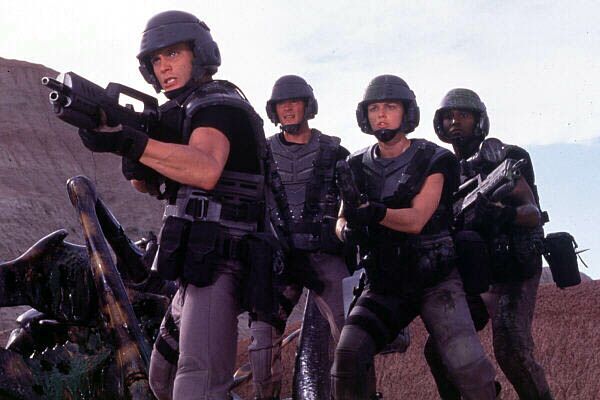
Sci-Fi is a genre that can discuss many different things. However, cinematically it can have a bit of a homogenous aesthetic (look at the amount of Star Wars knock-offs made post ’77). One of the most enjoyable aspects of Paul Verhoeven’s filmography is that the movies he makes are entertaining in a mainstream way and yet he, subtly, still remains the agent provacatuer. Starship Troopers has all the trappings of a campy space adventure where a lot of giant alien bugs get shot and blowed-up, right up until the moment you realise it’s actually a very astute satire of fascism. More specifically the dangers of homegrown fascism.
Guardians of the Galaxy doesn’t so much as have the same story as Troopers as the same effect. When it came out we were surprised; surprised that Marvel had other tricks up its sleeve; surprised that we could fall in love with a space rogue who wasn’t Han Solo; surprised that we could empathise with a talking racoon. Gunn’s film doesn’t tackle the same serious themes of fascism (opting for outsiders and family instead) but it also recognises that big ideas needn’t be taken seriously to still be discussed with value.